States Ambassador Mwinzi of Kenya in Seoul in an interview with The Korea Post
Ambassador Mwende Mwinzi (MBS) of the Republic of Kenya in Seoul said, “Kenya ranked the fourth largest economy in Sub-Saharan Africa with a GDP of US$60 billion.”
Speaking with The Korea Post media in a recent interview, the lady ambassador of the Central African country said, “The World Economic Forum’s country competitiveness report ranks Kenya number one in Africa in quality of human capital and availability of research and innovation.”
Ambassador Mwinzi discussed a wide range of topics with Publisher Lee Kyung-sik and his reportorial team at the Embassy of Kenya in Seoul in a recent interview with her at the Embassy in Seoul on Aug. 3, 2021. Details of the interview follow:
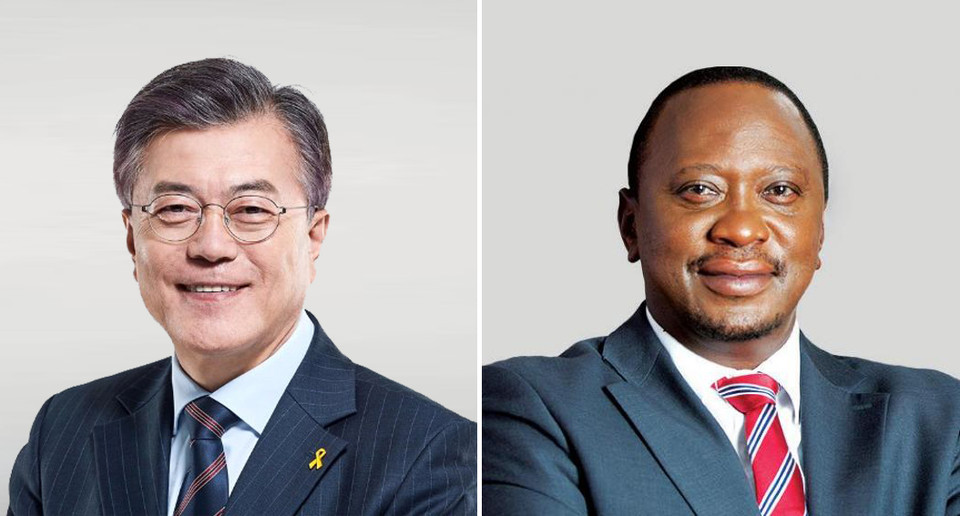
Question: We understand that relations and cooperation between Kenya and Korea are known to continue to increase in the economic and various other areas. Please elaborate on the present status and future prospect of the bilateral cooperation.
Answer: Korea’s economic relations with Kenya present Korea an excellent opportunity to tap the massive market presented to it through AfCFTA. The AfCFTA will create the largest free trade area in the world by a number of countries participating and connecting 1.3 billion people across 55 countries with a combined GDP valued at U$ 3.4 trillion. Logistically and otherwise, Kenya is a gateway to the region and a safe haven through which to channel investment and it has invested in the requisite infrastructure to facilitate intra-regional trade. This include: road and rail networks; regional trade corridors including the Northern Corridor and LAPSSET; and increased capacity at the Port of Mombasa and inauguration of the Lamu Port. Kenya has also tapped into the vast resources offered by the Tripartite Agreement that brings together the EAC, COMESA and SADC regions in alleviating barriers to trade through the harmonization of trade regulation to ease the movement of human and financial capital, goods and services.
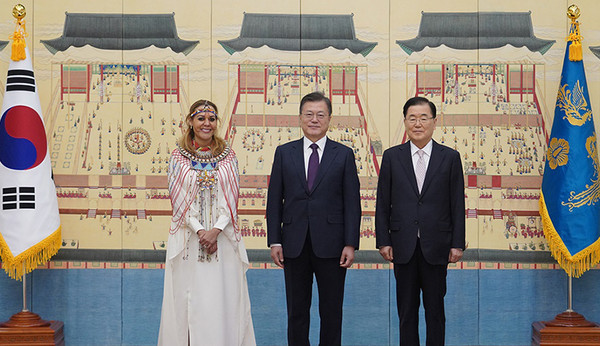
Open for business:
Trade enhancement are taking place within the context of Kenya’s overarching plan dubbed the Vision 2030 and more specifically the Big 4 Agenda, which earmarks 4 priority areas for cooperation: food security; universal healthcare; affordable housing; and industrialization. Given Korea’s edge with reference to technological innovation and industry, these four sectors provide a sound basis for trade and investment.
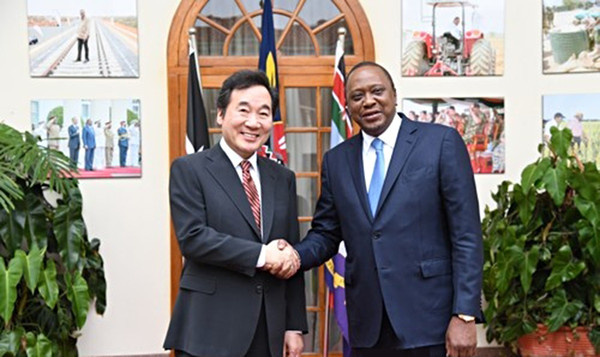
Agriculture:
Kenya remains open to cooperation in mechanization. Success in agriculture will increasingly be dictated by the levels of technology being embraced by both small and large scale farmers and for us in Kenya, there is a need to disrupt our systems by moving our approach from a production-oriented to a market-oriented one that puts rain fed, subsistence agriculture in the foregone past. We would like Kenya and Korea to cooperate on the mechanization on our agricultural sector so that we can secure food, enhance the food supply chain, enter the market space of food processing and value addition.
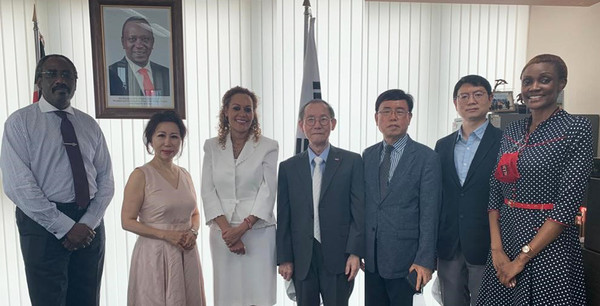
While seeking private partnerships, we are also seeking bilateral support aimed at building the capacity of small scale farmers in our bread basket.
In line with what other development partners are doing, we would like to secure support educating and training farmers on the importance of being “market-oriented” as compared to “production-oriented” by providing them seeds and techniques on farming pest-free produce, market intelligence on the Korean consumer market, packaging techniques and technology and lastly, the cold chain facilities that will ensure their perishables transition intact.
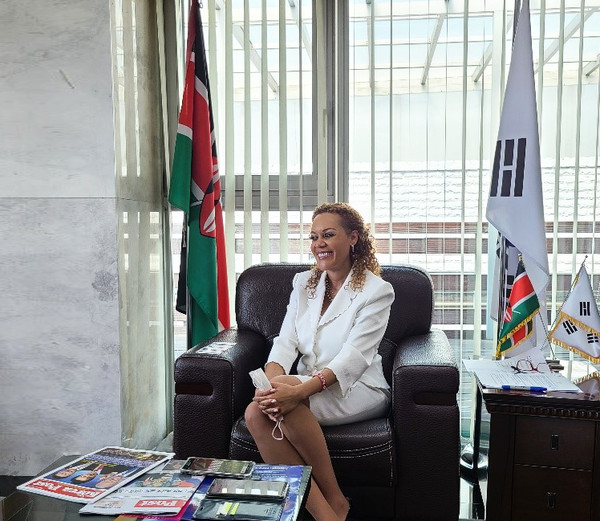
Health:
Korea has made significant advancements in the pharmaceutical industry. Exploit myriad of opportunities in our health sector because we need to reduce the disease burden and achieve one of Big 4 (UHC).
While malaria, TB, HIV plague Kenya, the growing concern relates to non-communicable diseases. At present 27% of deaths are from Non Communicable diseases and 50% of hospital admissions (cancer, diabetes, hypertension). In Kenya alone, we spend an average of USD 80 million annually seeking treatment for cancer in India, South Africa and Dubai, which for a small nation such as ours is significant especially when we consider that we bury approximately 70 percent of these who die simply because their testing is conducted late when they were already at the Stage 3 and 4 levels. Outside Kenya, our neighbors seek healthcare services overseas in countries such as Thailand, Cuba and Israel which have established themselves as medical tourist destinations.
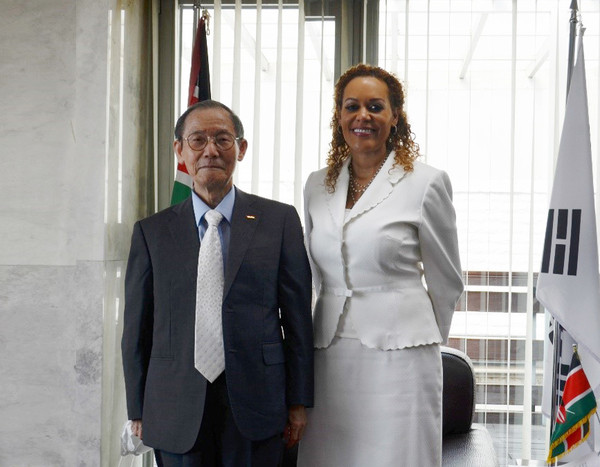
Deficiencies:
1. Diagnostics, laboratory, imaging and patient monitoring equipment (ECG, CT Scan, Pet penetration is at 24%)
2. Capacity to offer oncological treatment such as radiotherapy and chemotherapy and therefore seeking to partners on local manufacturing of pharmaceuticals
3. Vaccine development and production. Kenya proudly lays claim on KEMRI (the Kenya Medical Research Institute), which has been recognized globally for its capacity to implement clinical trials (such as on the Oxford/Astrazeneca COVID-19 vaccine trials), HIV/AIDS support and general research. The country is now ready to transition to development and production. Discussions have been held with institutions such as the IVI (which already has a footprint in Kenya), SK Bioscience and PCL, among others.
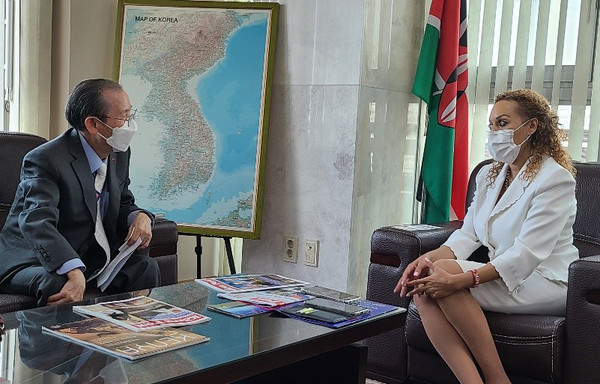
4. Specialized doctors. Globally there is a shortage of healthcare workers (HCWs) to adequately meet the health needs of the population and in Kenya, where the disease burden is shifting and needs health care workers with the right skill mix to handle them. Specifically, we need support in training specialists in Anatomic Pathology, Cardiothoracic surgery, oncology, pediatric dentistry, cardiopulmonary perfusion, epidemiology, mental health and psychiatry, emergency and critical care.
Nurses majorly have specialized in midwifery and critical care nursing. We lack sufficient pediatric critical care nurses, neonatal nurses, oncology nurse and palliative care nurses.
In addition to seeking partnerships on training, Kenya is eager to attract investors such as the Italian Gruppo San Donato which has just undertaken to build a state-of-the-art mental hospital in Kenya.
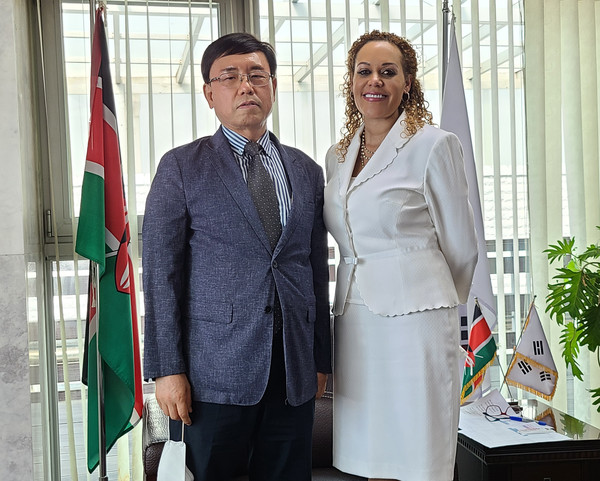
Infrastructure:
Kenya is increasingly gaining recognition as worthy partner by the Government of Korea in infrastructural development. This was brought to the fore with the establishment of the Nairobi office of the Korea Infrastructure Cooperation Center (KIND) in 2018 under the auspices of the Ministry of Land, Infrastructure and Transport of Korea. Hyundai has already invested in the generation of geothermal power in Olkaria.
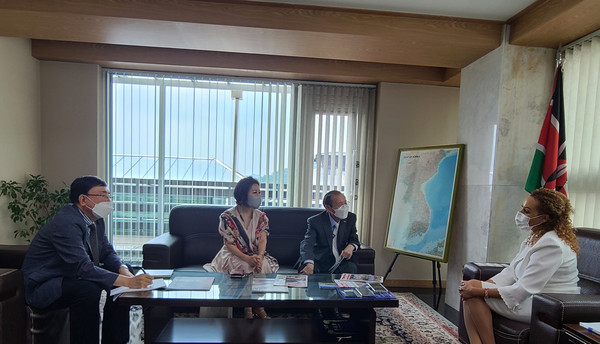
Affordable Housing:
Shipping & Maritime Affairs:
Daewoo Shipbuilding & Marine Engineering Company (DSME) - The company is one of the big 3 shipping companies in Korea. The Mission held various meeting with their officials with a view of establishing cooperation in technological transfer in smart shipping.
Kangnam Corporation – The company has vast experience in on-land shipbuilding portfolio and experience with both government and private sector. The Mission had a meeting with their officials on January this year, and the discussion focused on knowledge transfer in shipbuilding sector such as, vessel manufacturing, maintenance and repairs.
Dongil Shipyard – A Korean medium size shipbuilding company, Dongil which has transacted with African governments on technological transfer, is eager to establish relationship with Kenya. Area of focus include: Initiation of cooperation in ship repair and conversion, ship building including passenger, oil tanks, cleaning vessels, fishing vessels, patrol boats, tug car ferry, special customized boats and military.
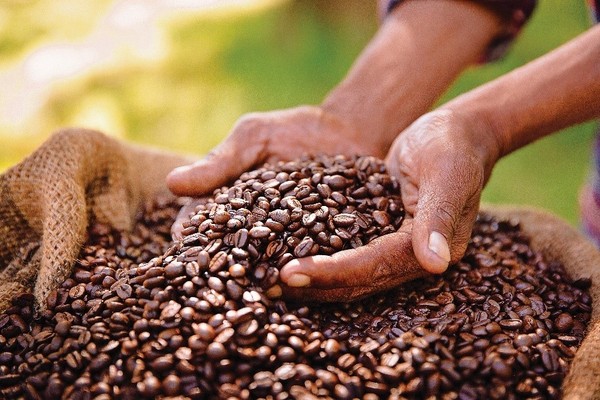
Q: What is the present volume of bilateral trade, its outlook in the next 12 months?
A: Trade between Kenya and South Korea has in recent years shown a steady growth, the balance of trade has favoured South Korea. South Korea import from Kenya were $36.93 million in 2020 and its exports into Kenya during the same period was $220 million.
Kenya’s main exports to South Korea in 2020 comprised of; coffee, and copper waste, which accounted for 80.4% of total exports to South Korea. Other export products were; articles of apparels & clothing accessories, tobacco, and cut flowers, which accounted for the additional share of 14%.
The main imports from South Korea comprised of petroleum oils and oils obtained from bituminous minerals (other than crude), nitrogen function compounds, carboxylic acids, polyacetals, civil engineering and contractor’s plant and equipment, among others.
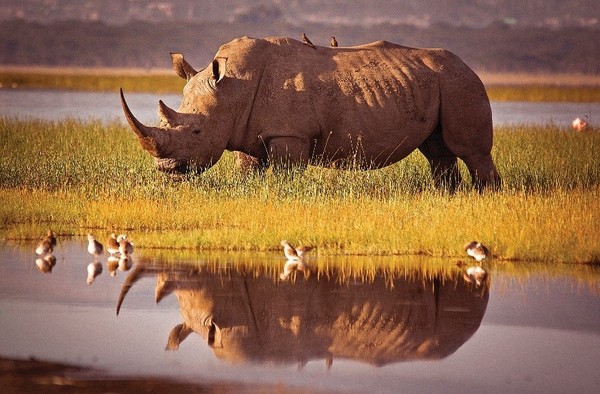
Q: What are your competitive products and/ or services attractive to Korea, and what are the Korean products and services that Kenya consider important?
A: As much as the balance of trade is still in favour of Korea, we have realized an upward trend in bilateral trend since 2018. This is attributable to the increased interest in Kenyan coffee and the high consumption in Korea. The recently concluded Seoul Coffee Expo on 14th-17th June, 2021, in which Kenya was the Guest Country, is testament to this.
Kenyan horticultural products are also well appreciated in Korea, particularly flowers including roses, carnations and lilies.
We anticipate the exportation of avocados to Korea once final phytosanitary clearances have been granted.
Kenya is a source of products that could be of interest to Korea including sesame, macadamias, cashew nuts, spices/chillies, dried fruits and vegetables. It is to be noted that derivatives from the nuts and oils have wide applicability in the Korean cosmetic industry. Our chillies, aubergines, French beans and snow peas which dominate the vegetables for export to Europe should also be attractive as our mangoes, pineapples, and passion fruits.
Last but not least, we have specialty products such as purple tea which is grown only in Kenya. Kenyan purple tea has received a lot of interest from bio-pharmaceutical companies in Korea due to its myriad health benefits including anti-oxidation. This high value product has been earmarked for use as a component in beauty and wellness supplements. The research is currently underway.
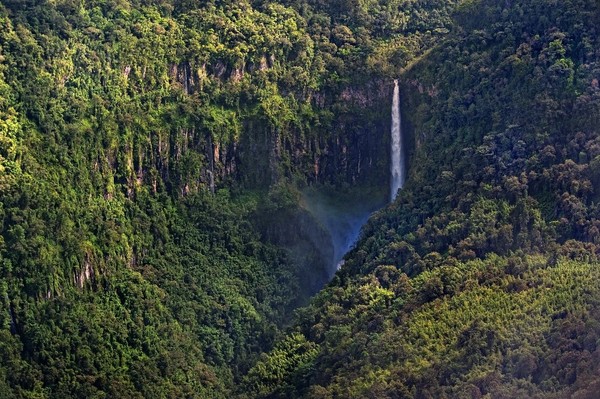
Q: What are the tourist attractions in your esteemed country?
A: When you decide to travel to Kenya, you will be following a tradition dating back thousands of years. The Phoenicians, the Romans, the Chinese, the ancient Greeks and the Arabs were familiar with this part of the world and journeyed there by sea. Kenya’s 582,644 sq km stretches from the sand deserts in the north to the clear warm waters of the Indian ocean in the east, and from the shores of Lake Victoria (second largest lake in the world) in the west, to the snow-clad peaks of Mt. Kenya. There are: shimmering savannah dotted with acacia trees and an abundance of wildlife; forest clad mountains with green everglades and cool streams, and fertile, verdant highlands. Kenya enthralls not only visitors, but also residents.
There is something for everyone in Kenya: photographers, writers, sportsmen, artists, anglers, mountaineers and divers. For those who just want to sit and relax in the sun, the Kenyan coast is famous for its exotic palm fringed, sand beaches, and for its coral reefs gently stroked by the clear blue waters of the Indian Ocean.
In Mombasa the oldest and most important town on the Kenya coast and main port, traditional dhows mingle with modern vessels. The holiday resorts that attract visitors are to be found north and south of this historic port, tucked away in the bays or on the glittering white beaches.
Of course, the remains of the oldest anthropoids have been found on this part of Africa. The story of our original inhabitants, their conquests, the good times and bad times, the way their societies were organized and the folklore of the tribes has been recorded.
No other country in the world can surpass Kenya’s marvel of tourist attractions. Kenya has the largest concentration of wildlife parks, 59 in all among them the seventh wonder of the world the Masai Mara.
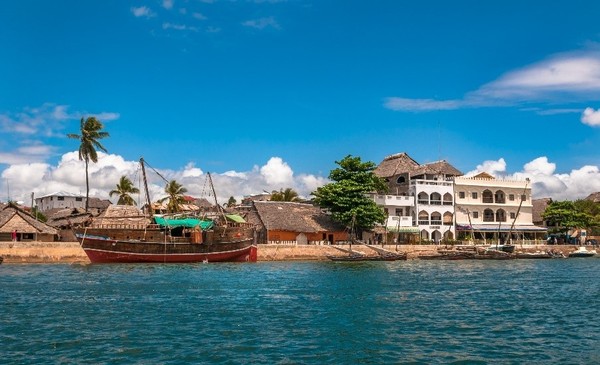
Tourist attractions. Endowed with world famous national parks, game reserves, animal sanctuaries but what is less appreciated is the diversity of our attractions outside of wildlife. And/or the expansive menu of attractive places to visit regardless of price point.
Masai Mara, Tsavo, Samburu, Amboseli.
Increasingly there’s focus on merging the safari experience with eco-friendly or community-conscious elements. Ecotourism is on this rise.
Birding. Burgeoning birding community in Korea where you have about 500 kinds of birds. Kenya has over 1134 species which is two times the total for Europe and over the total for whole of North America. Some are unique to the region (about 71 species). Go birding in Naivasha, Nakuru area and see the flamingos then stay at Dodo’s Tower, a private luxurious home set in a 8-story tower.
Sheldricks, Giraffe Manor (next door support the center run by (AFEW African Fund for Endangered Wildlife)),
Ol Pejeta fascinating history - Lord Delamere an early English settler, then Adnan Khashoggi but (Northern white rhino)
Lamu UNESCO World Heritage Site. Well preserved Swahili settlement. Architecture reflects the influences the vibrance of our history that includes the Portuguese, Arabs, Indians, Europeans and Persians. Stay at the Majlis or Air B&B and meeting with locals.
Lewa Conservancy (Where Prince William proposed to Kate)
Mt. Kenya - pass the great Rift Valley.
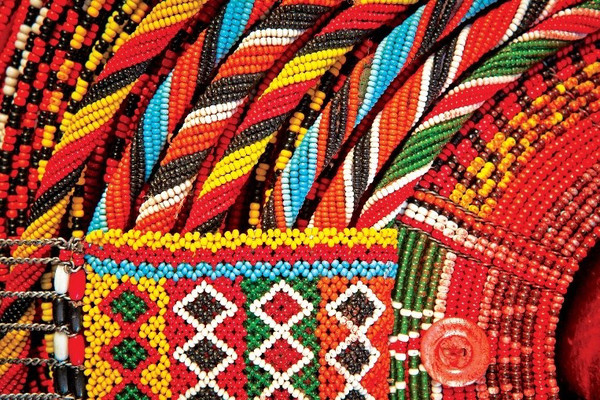
Q: Introduce the Head of Government in detail including his major achievement. Please also introduce the First Lady and the First Family.
A: Born in 1961 and in anticipation of Kenya’s liberation from British colonial rule, he was named “Uhuru” which means freedom. He is a family man, father of two sons and a daughter. Educated both in Kenya and in the US (Amherst)
Has been Kenya’s President and Commander-in-Chief since 2013 but has held several political positions leading up to this:
1997: Vied and lost MP Gatundu South
2001: Member of Parliament/Minister for Local Government (under Moi)
2002: Vied and lost to Kibaki in presidential elections
2008: Minister for Trade/Deputy Prime Minister (under Kibaki)
2009-2012: Minister of Finance/Deputy Prime Minister (under Kibaki/Coalition Gov’t.)
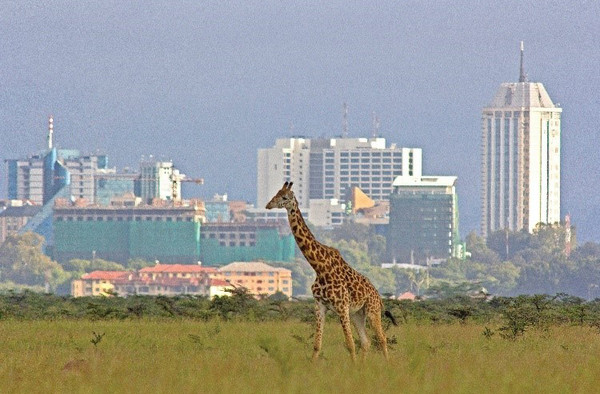
Broadly will be remembered for:
1.Pro-poor policies that aim at economically empowering citizens so they can live dignified, self-sustaining lives. (Mention Bills); Deregulation: Coffee Reforms etc. His Gov’t has transformed the coffee sector and that much-loved cup of premium AA coffee is now more delicious than before. The Gov’t of Kenya has undertaken a series of reforms that are enabling coffee farmers to trade directly with coffee importers. This effectively translates into farmers reaping higher earnings long deserved. From a consumer perspective, while this is comforting, it matters even more because through this capacitation, the Kenyan farmers (who approximate 600,000 in number), will continue to grow and sustainably farm our #1 export to Korea. With Korea’s coffee consumption continuing on an upward trajectory, we have every confidence that we will gradually expand our market share and improve our position on the supply chain.
2. Austerity measures: to cut wage bill reduced his own salary by 20%.
3. Fight against graft: Salaries and Renumeration Commission - flushed ghost workers, top official arrests (governors, PS etc, CS stepping aside)
4. Solidified foreign relations: States visits to Kenya: Macron, Trudeau, Angela Merkel (2011), Netanyahu, Pope Francis (2015),
5. Pan-Africanism: has agitated for greater unity and purposeful engagement of African states. In 2015, became vocal about need to reform the UNSC to include Africa. Has pushed for robust intra-trade and economic independence, regional integration. Economic blocks such as The AfCFTA, the EAC, COMESA and SADC have been established to alleviate barriers to trade through the harmonization of trade regulation to ease the movement of human and financial capital, goods and services.
AfCFTA (Africa Continental Free Trade Agreement) will create the largest free trade area in the world by a number of countries participating and connecting 1.3 billion people across 55 countries with a combined GDP valued at U$ 3.4 trillion.
6. Transformation of Infrastructure. Logistically and otherwise, Kenya is a gateway to the region and a safe haven through which to channel investment and it has invested in the requisite infrastructure to facilitate intra-regional trade. This include: road and rail networks; regional trade corridors, including the Northern Corridor and LAPSSET; and increased capacity at the Port of Mombasa and inauguration of the Lamu Port.
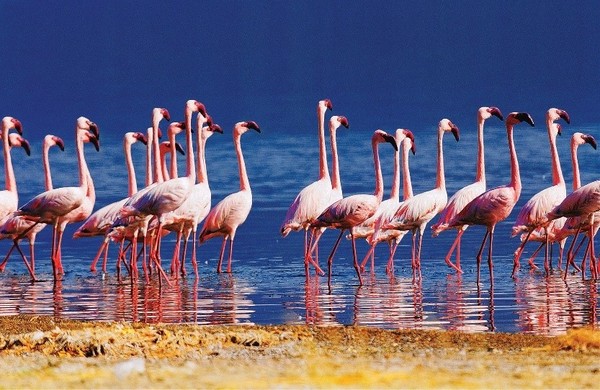
First Lady:
Margaret Kenyatta. Born and raised in Kenya. German mother and Kenyan father. Adored nationally. She is a grandmother and fierce family woman. Started a campaign dubbed Beyond Zero to reduce child maternal mortality. Son Jomo, Muhoho and Daughter Ngina.
Resume of Ambassador Mwende Mwinzi, MBS:
Ambassador Mwinzi’s background includes marketing of corporate finance and crafting of communications strategies for government, corporate, and not-for-profit clients. She is also an established columnist and a political analyst as featured on varied media.
Personal details:
Date of birth: April 17, 1971
Education:
Arizona State University
M.A., Global Security
Graduate Institute Geneva Certificate in international Affairs,
University of Phoenix
B.S., Business
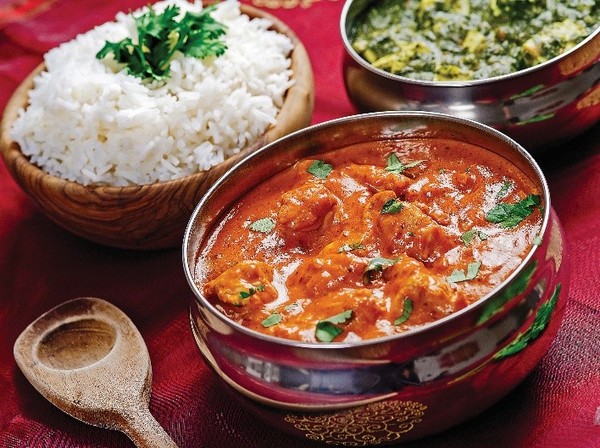
Key skills:
Strategic leadership, team building, conflict management, strategy formulation and execution, public relations/marketing relationship development and Management, policy development, balanced priorities, communication.
Memberships:
Member of the National Society of Leadership and Success, USA.
Former aspirant, Member of Parliament, Mwingi West Constituency, Kitui County
Former member, Rotary Cub of Suffern, New York
Former member, Kenya National Economic and Social Council
Former board director, Orphans International (NFP), New York
Former board director, Kenya American Professionals Association, New York.
Former columnist, Sunday Nation, Kenya
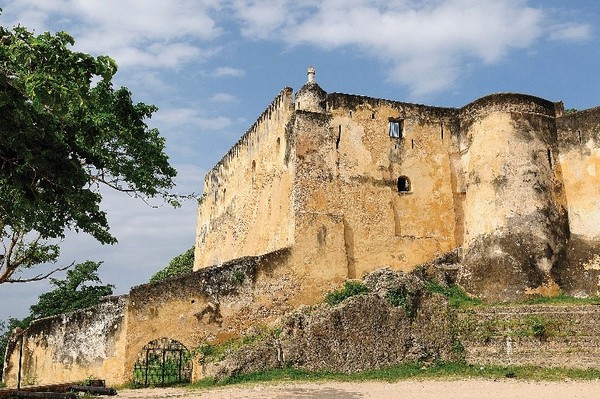
Career history:
Global Communication House (June 2009-2019)
Achievements:
Authored and distributed multiple e-alerts to media, congress and think tanks promoting Kenya’s role in pre- and post-referendum vote activities.
Authored numerous op-eds including one by the former president Mwai Kibaki on the famine in Somalia, which was placed in the foreign affairs magazine.
In the two years leading to operation Linda Nchi, mounted an aggressive media and government relations push warning of the Al Shabaab threat and secured positive editorials in prominent media, including the wall street journal, financial times, and Washington Post.
With a view of promoting Kenya, choreographed a trip to Nairobi with U.S. reporters from global finance, world trade, Christian Science Monitor, Bloomberg, Reuters, Institutional Investor, and Washington Life. The trip generated multiple positive news stories over a sustained 13-week period.
Developed infographics and a series of e-alerts to communicate Kenya’s efforts and the preparedness for the 2013 elections.

